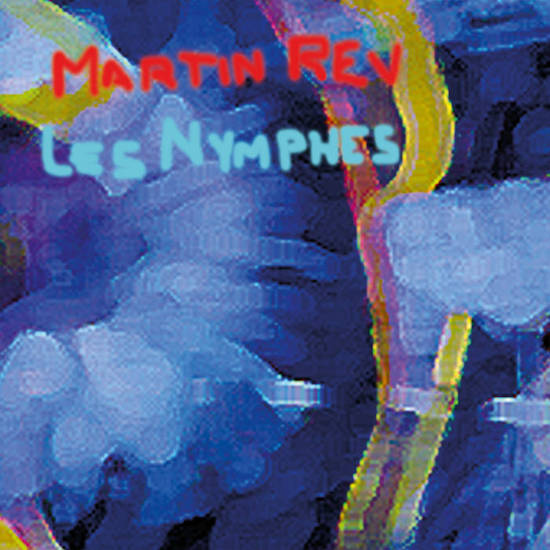Martin Rev always took a back seat to the combustible and extraordinary Alan Vega, meaning much of his innovation was overlooked when the Suicide frontman was alive. It’s easy to forget now that the Brooklynite Martin Reverby had been a jazz musician who was taught to improvise by Lennie Tristano, a blind, brilliant pianist who also taught the legendary Bill Evans. As Suicide’s other half, Rev stuck doggedly to the task of crafting repetitive, minimalist, electro-punk grooves built with just a rhythm box, a Farfisa, with some wires jammed into a PA with some gaffa tape to create his own dangerous and distinctive, attacking distortion.
Suicide’s crude sound that made it onto record for the first time in 1977 was unique and ahead of its time at the time – in many ways too ahead, according to the man himself, though when the world finally caught up, it judged everything thereafter against an album it had failed to get on board with first time around. And that’s a problem that has plagued Rev, who has continued to evolve and experiment, whether with Suicide or as a solo artist.
Take 2003’s To Live, released a year after his duo’s American Supreme album, which was also misunderstood by some publications at the time. Whatever the misgivings during the tumultuous and politically incendiary early 2000s, To Live is plein de vie in 2022, an industrial, almost EBM-like blast of dark, locomotive grooves, with vocals drenched in cheap delay and guitar sounds sampled and sprinkled sporadically throughout. ‘In Your Arms’ and ‘Black Ice’, in particular, are austere and effortless and primed for a tenebrous basement somewhere.
2008’s Les Nymphes is more of a coquettish beast, with twelve songs dedicated to the demigoddesses of Greek myth. Perhaps unusually, some of Tristano’s improvisational tuition comes in to play on tracks like opener ‘Sophie Eagle’, with a playfulness throughout that’s often reminiscent of ‘Fast Money Music’ from Suicide: Alan Vega & Martin Rev. ‘Narcisse’ is luminescent and harmonious, more like ‘Mari’ on his debut solo record, dedicated to his wife and a long way from the adrenalised, proto-industrial throb of Suicide. Les Nymphes is a long way from minimalism too, though these tracks also chug along repetitiously, as is the synth-pioneer’s wont.
If these records were misunderstood at the time, ironically the albums that bookended them were far more difficult to fathom: 2000’s croony, loopy Strangeworld is perhaps best described as avant-garde if we’re being generous, and 2008’s Stigmata, following the death of his beloved Mari, is a neo-classical elegy that’s heartbreakingly raw and conspicuously driven by space rather than rhythm. To Live and Les Nymphes on the other hand are Rev by name, Rev by nature.


